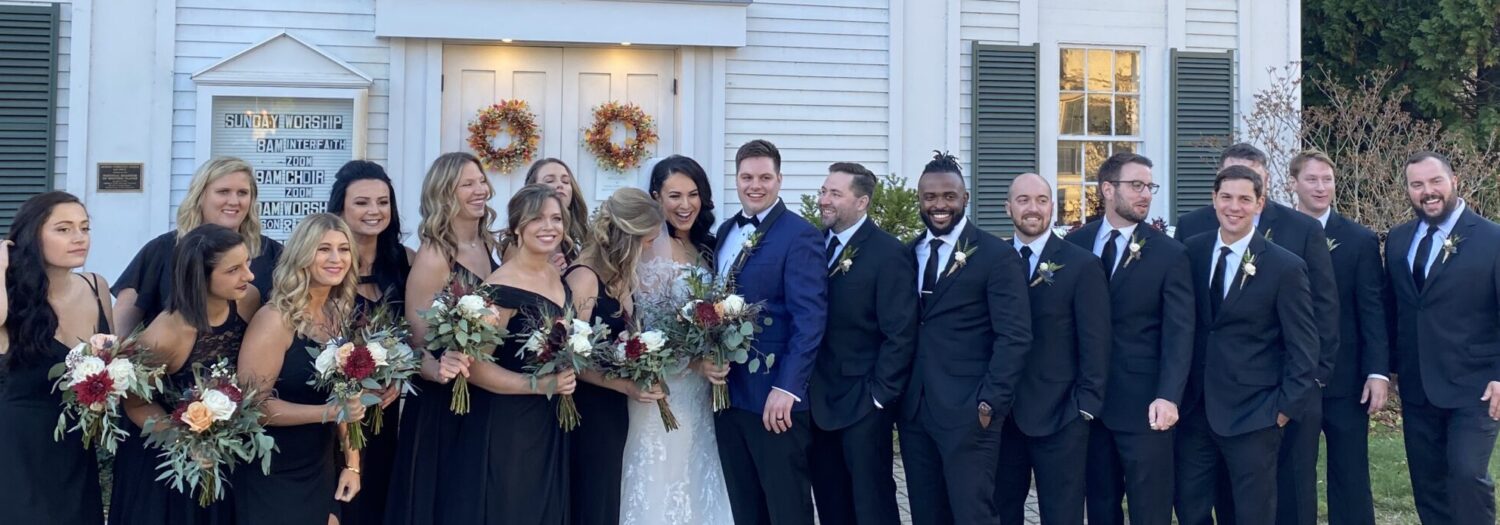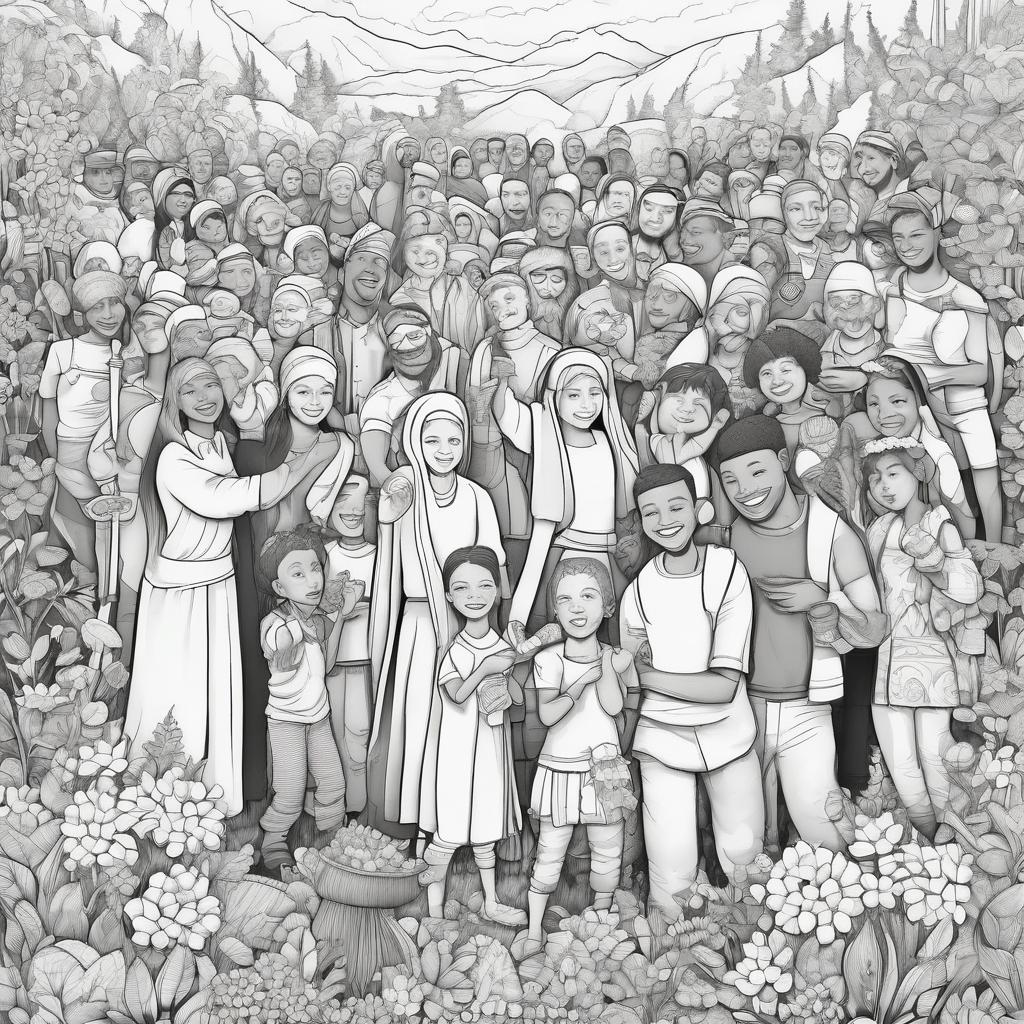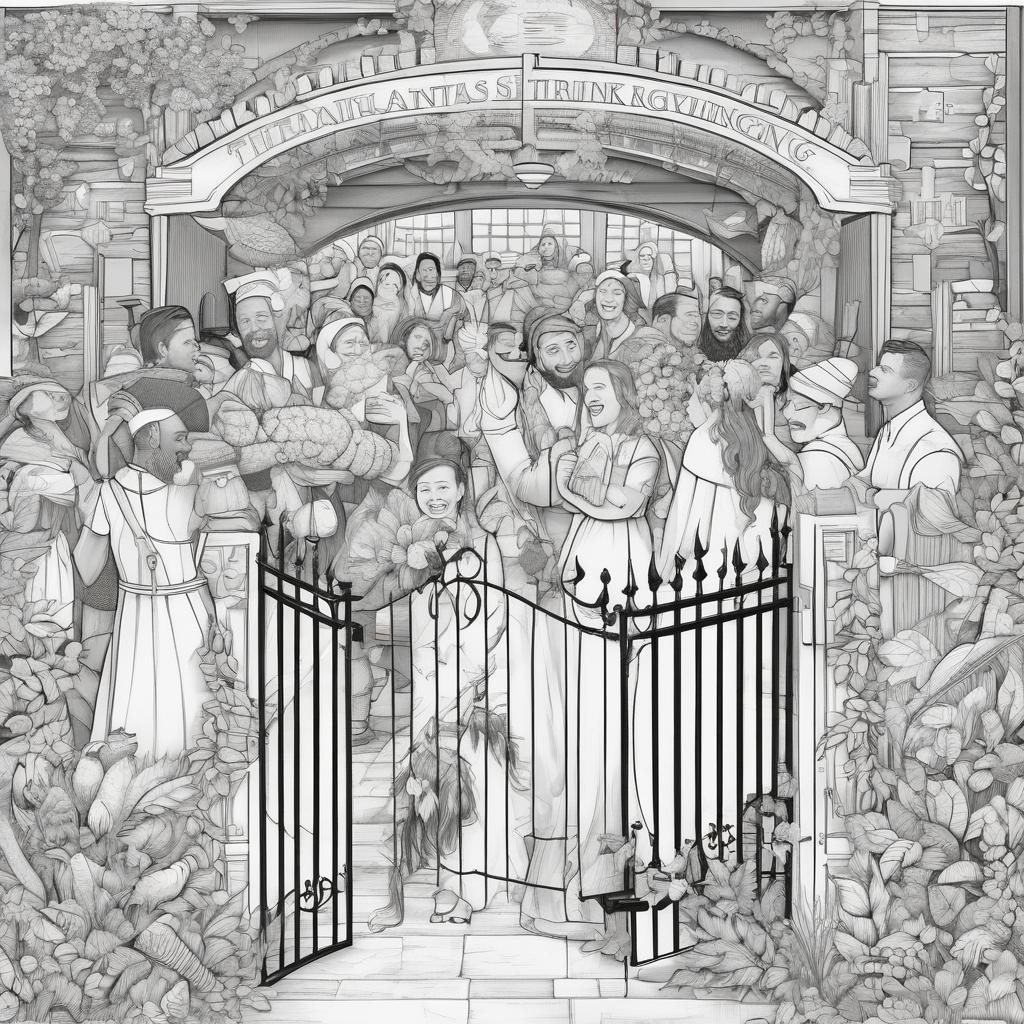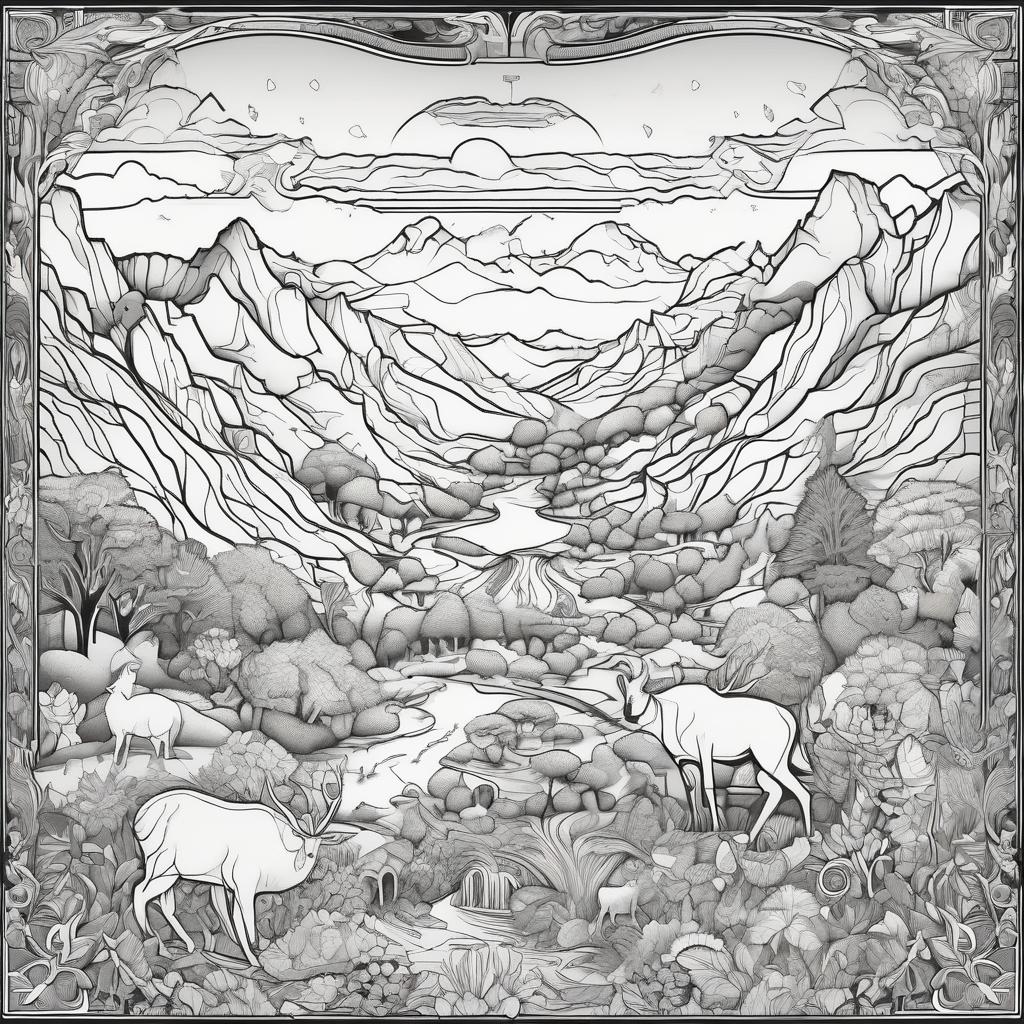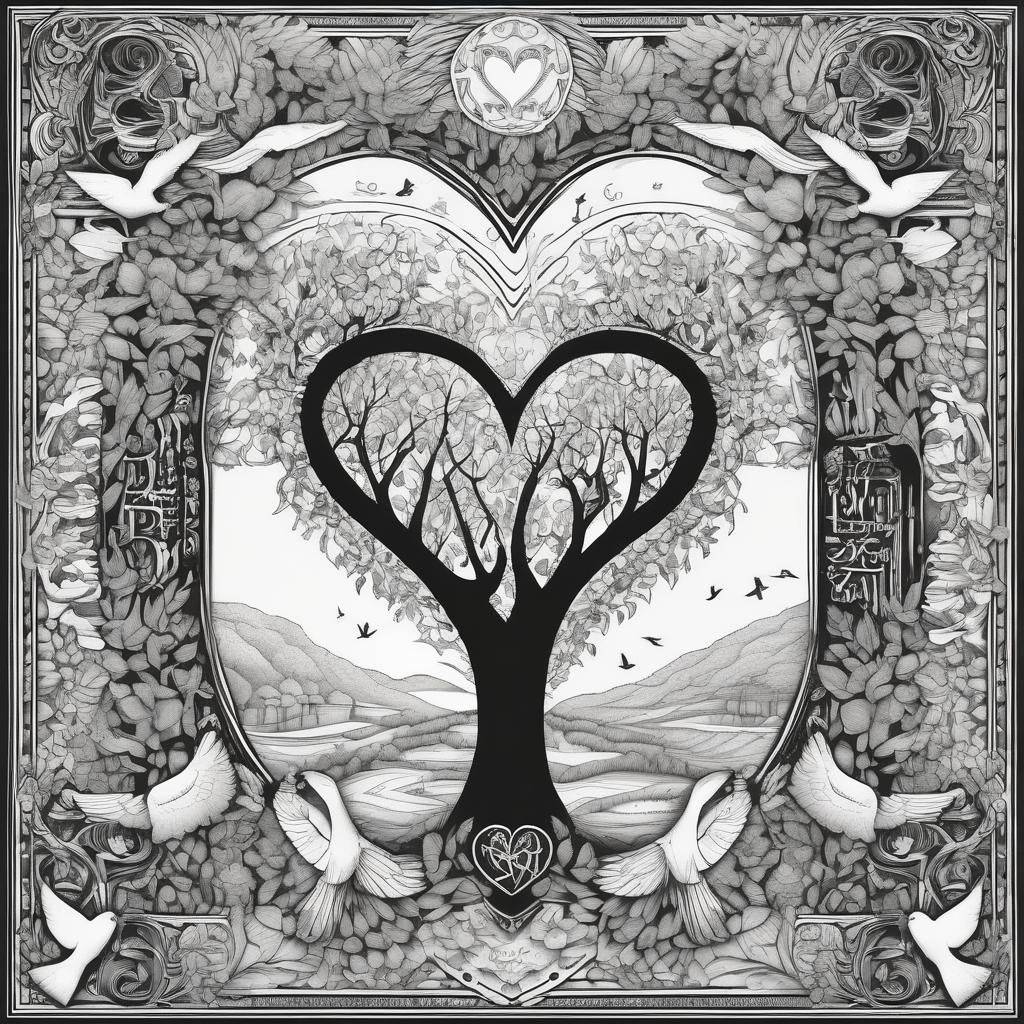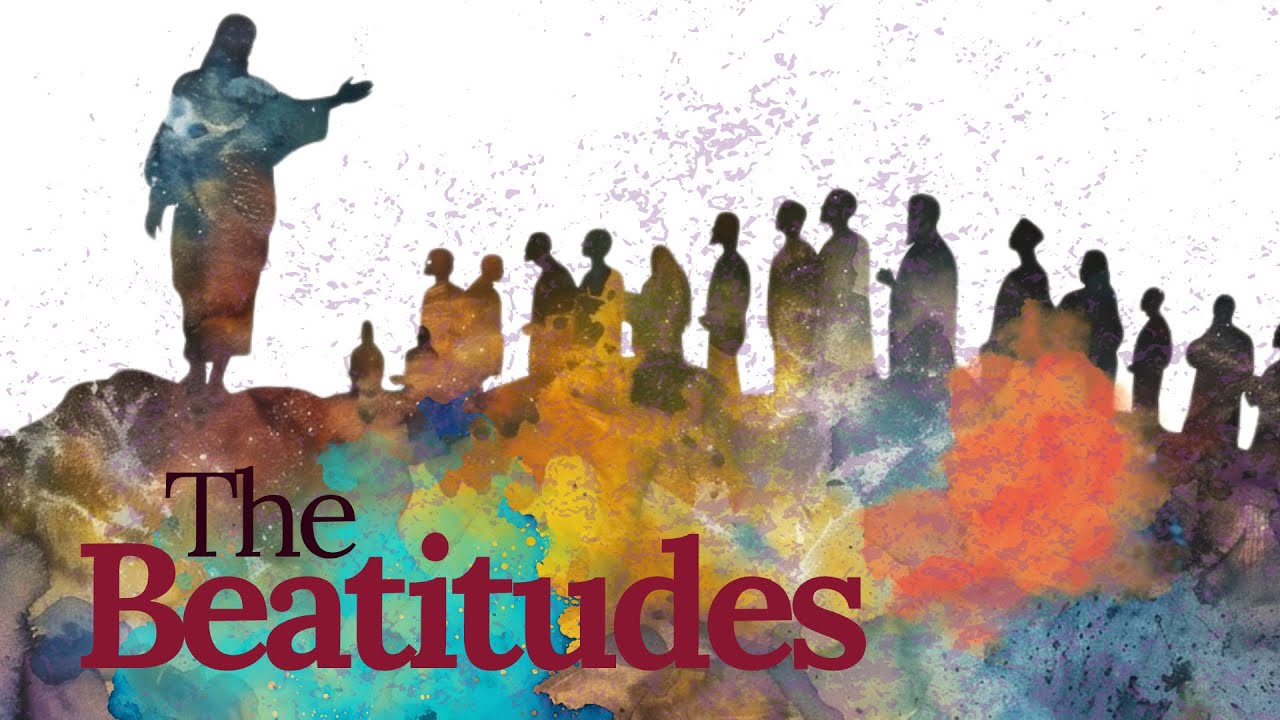Nov 4: GRATITUDE Daily Devotional
Cultivate gratitude each day this month. Day 4: Grateful for Community Scripture: 1 Thessalonians 5:11 — Therefore encourage one another and build each other up, just as in fact you are doing. Reflection: Humans are designed to be in relationships and to cultivate belonging. Gratitude flourishes in community. Together, even when we are divided in […]
